A meteorite that lit up the sky of Gloucestershire contains amino acids, the building blocks of life.
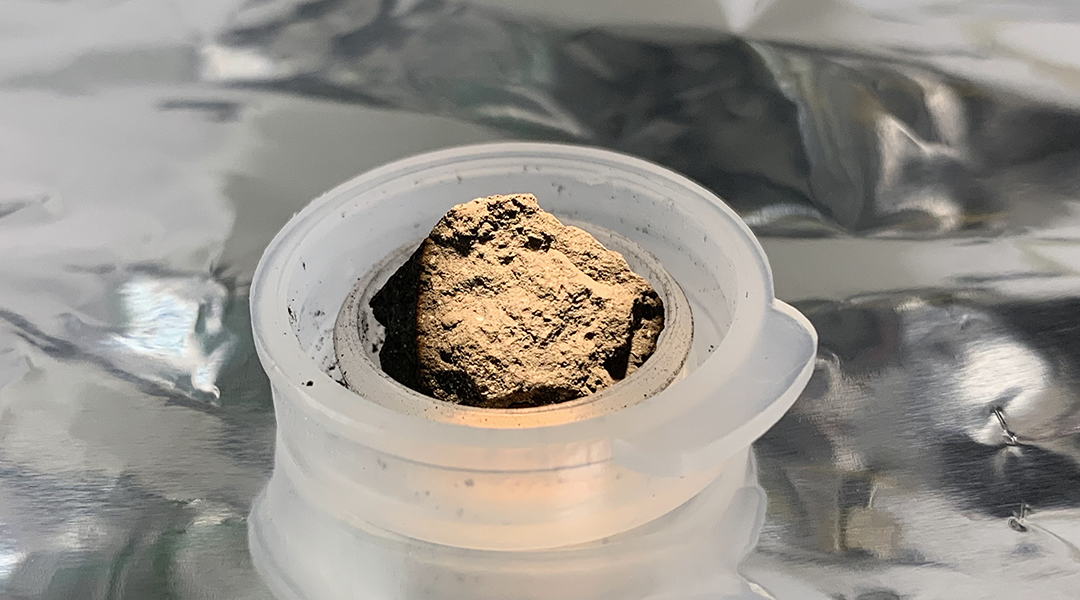

A meteorite that lit up the sky of Gloucestershire contains amino acids, the building blocks of life.
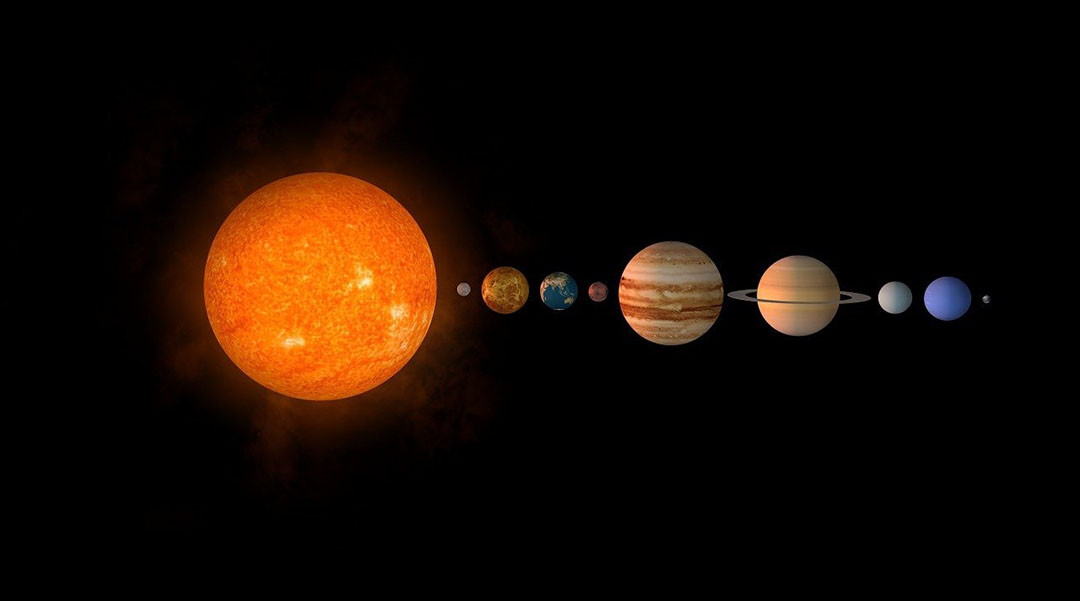
An ancient magnetic field drew matter inward and helped form our solar system’s planets, moons, and asteroids.
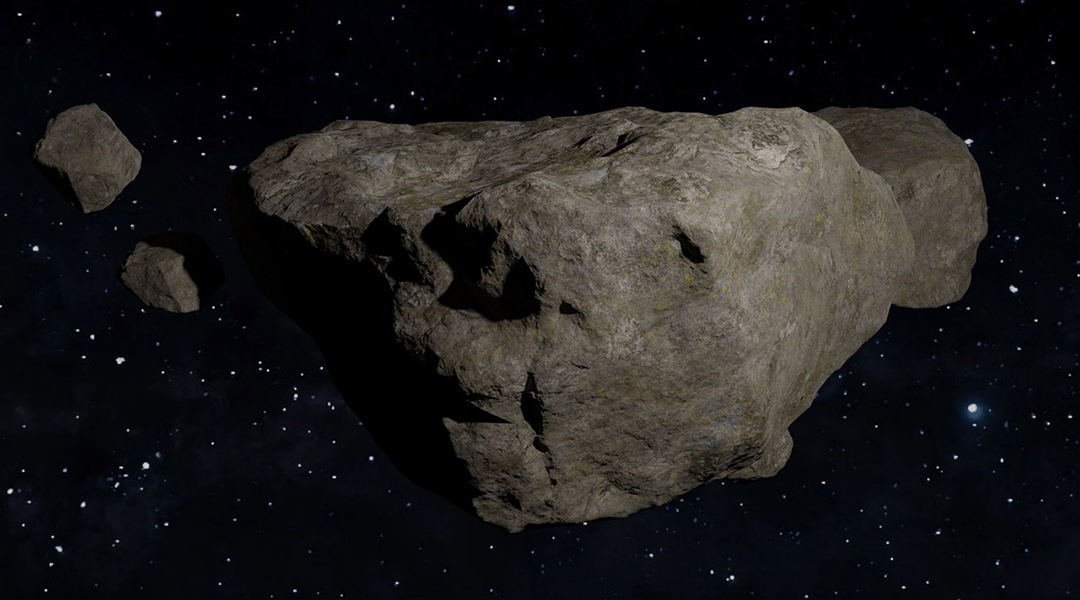
Data gathered about the M-class asteroid challenges earlier assumptions that it is unaltered planetary core.
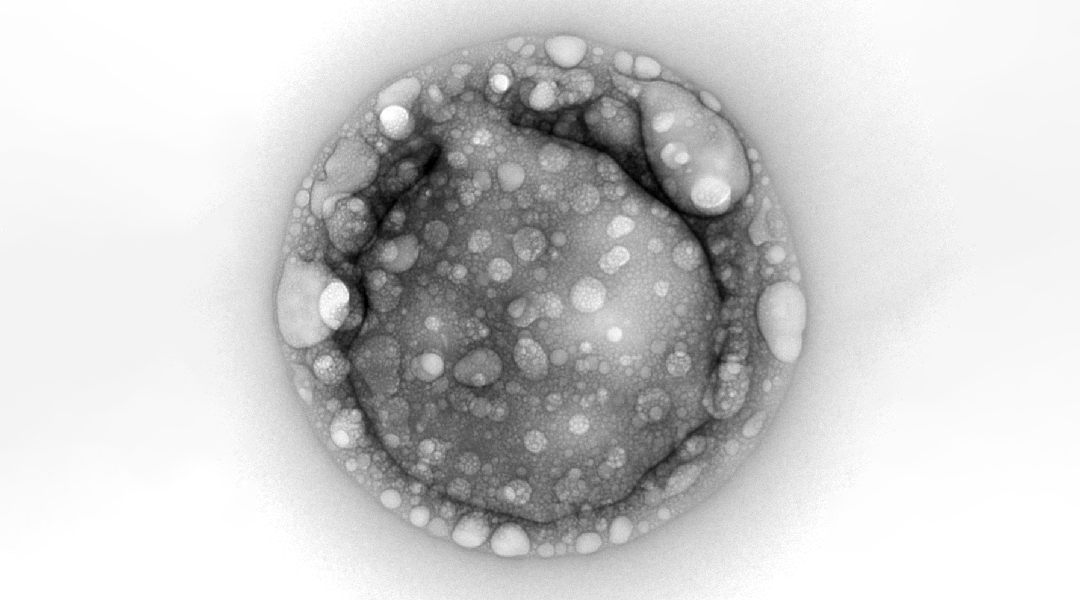
What role could non-biological molecules have played in helping primitive biological and chemical systems evolve into their current, complex forms?
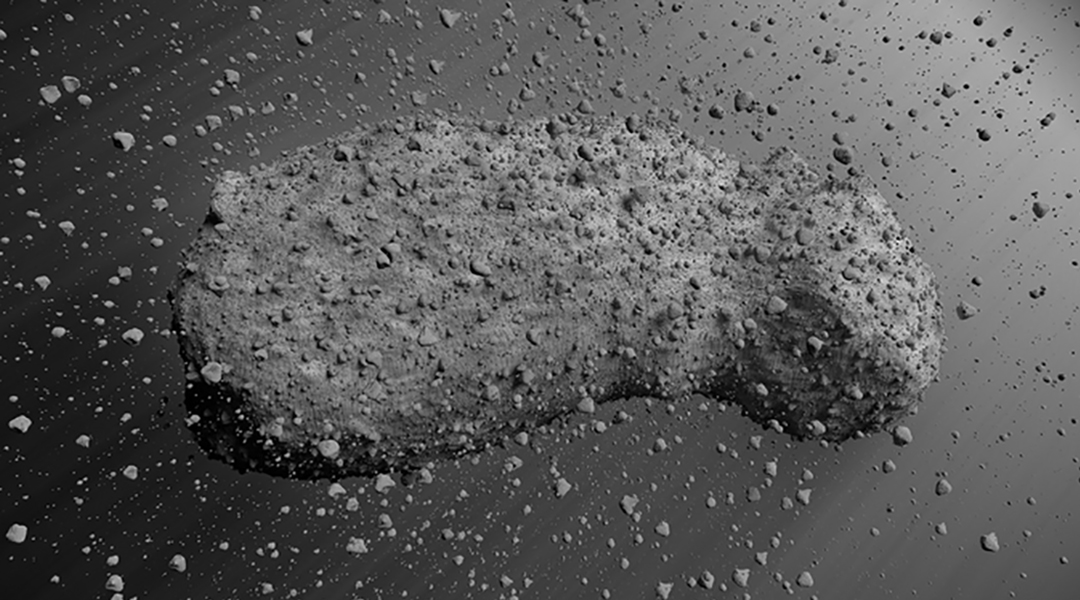
Analysis of dust particles collected from the surface of the 500-meter-long asteroid has implications for planetary defense.
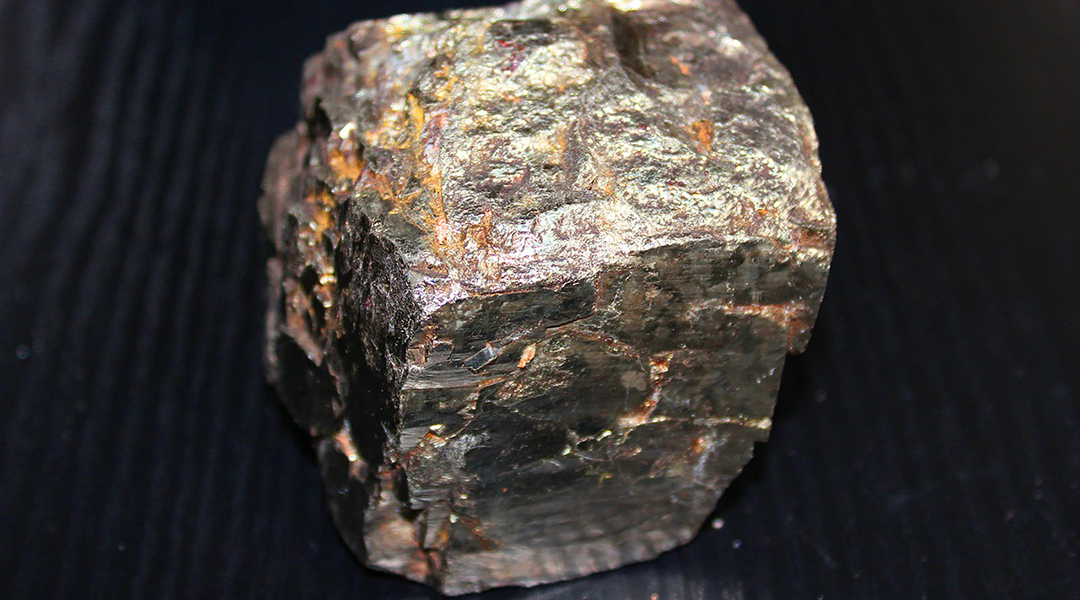
A groundbreaking technique produces tetrataenite, a material used in permanent magnets only found in meteorites.
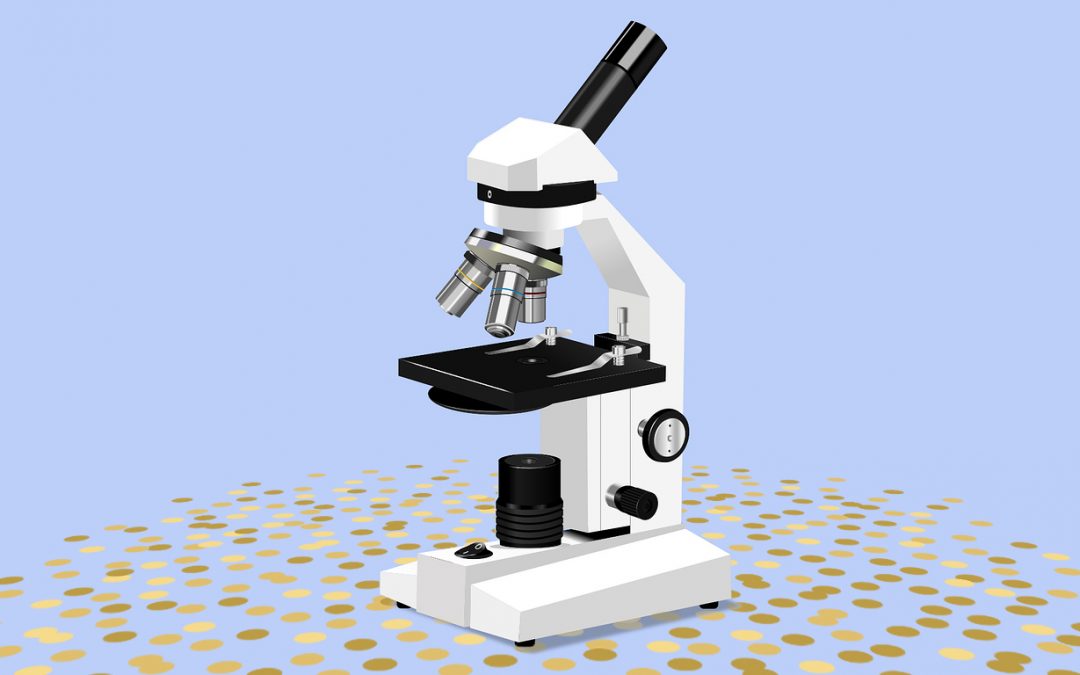
Catch up on some of the most exciting and impactful developments in science from this year, published on ASN and selected by our editors.

Meteorite exploding in the Earth’s atmosphere thought to be responsible for sudden and violent destruction of city 3600 years ago.
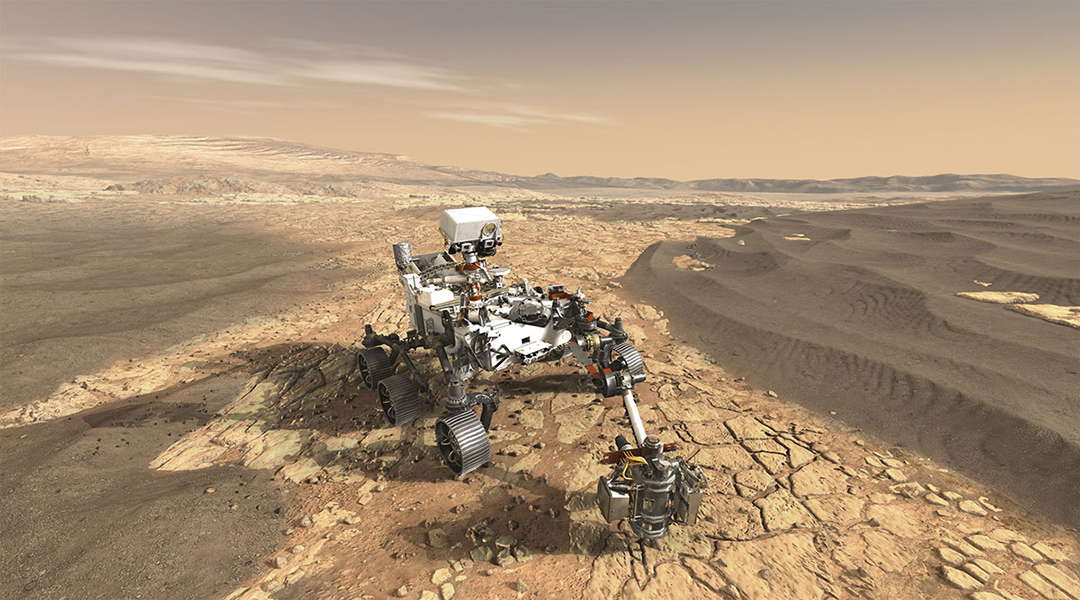
The Perseverance rover will explore the Martian Jezero Crater and collect the first rock samples from the Red Planet.
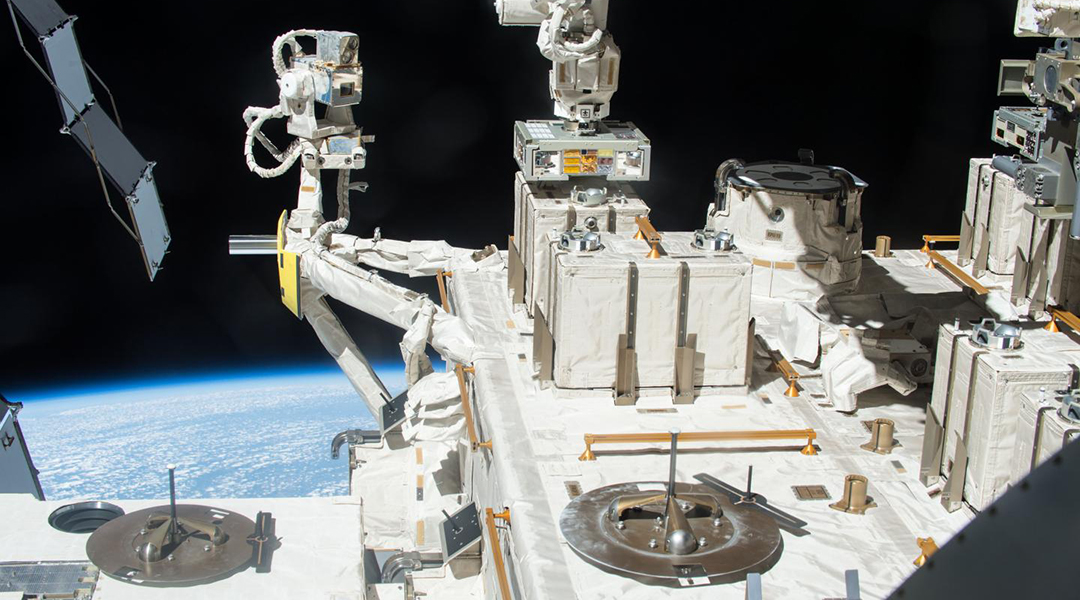
New study provides the best estimate to date that bacteria could survive a trip to Mars.